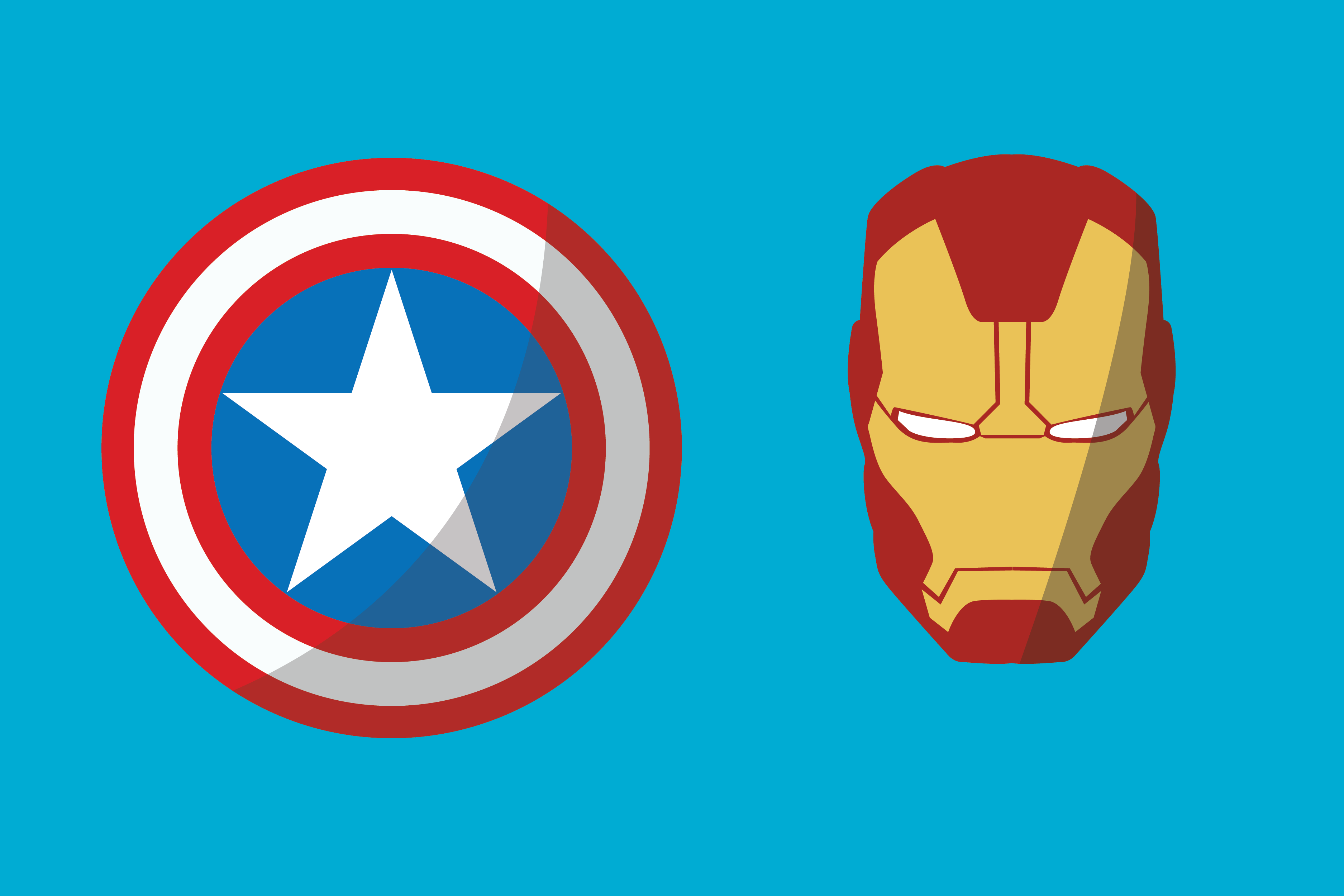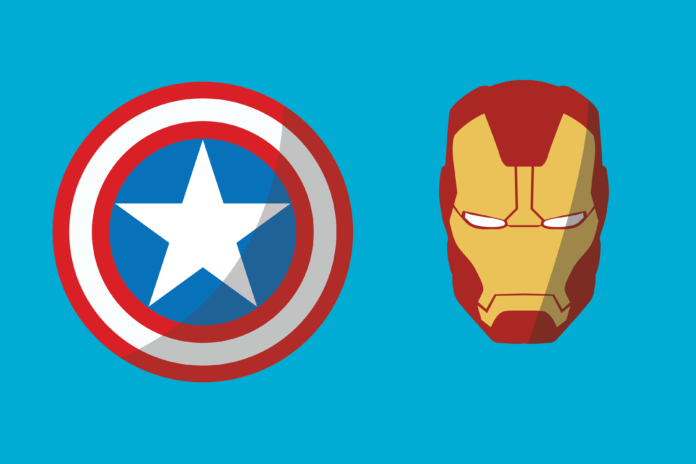
 The disagreement between Captain America and Iron Man echoes the current political climate
The disagreement between Captain America and Iron Man echoes the current political climate
No franchise has worked harder to bring science fiction to popular prominence than the Marvel Cinematic Universe. One of its latest entries, Captain America: Civil War, was one of the biggest blockbusters of 2016. Looking back on it in the context of the year that’s past, it’s hard to ignore the implications of the film’s central conflict between Captain America and Iron Man over how best to bring justice to the world. The disagreement echoes the debates dominating the Western political world, as the revitalization of nationalism and the far right challenges the liberal, bureaucratic philosophies that have governed the world for 70 years.
After the events of the last Avengers movie that resulted in the demolition of a small Eastern European town, the UN proposes a new bill to limit the Avengers’ unauthorized activity. While this is going on, Captain America and his friend Bucky Barnes find out about a plan to unleash an army of mind-controlled supersoldiers on the world. While Captain America knows the truth and what needs to be done to stop the plan, he doesn’t have enough evidence to convince Iron Man and some of the other Avengers. They refuse to act — or to let him act — until the UN approves the use of force under the new legislation. Iron Man argues that the best way to keep the world safe is through laws and bureaucracy and supports the UN legislation. Captain America, however, supports acting on principles and doing what’s right no matter the costs.
Because he’s the title character, and also because his story is more interesting, the movie follows and makes us sympathize with Captain America and his team. The film shows us why the team should act as quickly as possible to neutralize the evil, even if it means going rogue, ignoring the bureaucracy and fighting Iron Man and company. In the end, Captain’s right. After an epic battle, they stop the bad guys just in time.
Whether or not you agree, it’s hard to ignore the fact that Captain America’s side is much more exciting, and this might help us understand the political shift to the right in 2016. The far right paints itself as new and exciting and promises swift, effective action instead of the competent, carefully thought-out bureaucratic method favored by the establishment. Many who voted for Donald Trump, Marine Le Pen and Brexit are fed up with this philosophy. Whether it be calls to close borders, leave the European Union, “drain the swamp” of the Washington elite or dismantle regulations, many feel that the bureaucratic systems currently in place are ineffective and hurt their countries in the long term.
In the context of the film, these far-right nationalist voters are Captain America, while the establishment of Hillary Clinton, Emmanuel Macron and the “Remain” campaign are Iron Man. In the movie and in real life, they’re set up as opposing views that are necessarily in conflict with one another — even if they both have legitimate arguments.
This is especially relevant to American politics. Being a super American (literally and figuratively), Captain America is all about doing what he thinks is right, even if no one else around him seems to agree. While the movie seems to endorse this view as heroic and brave, this ideology has gotten America into trouble in the past — namely with the Iraq War. The Trump administration seems to be adopting a similar attitude toward Syria and North Korea as well, and there’s no reason to be particularly optimistic about either situation for the same reasons.
Still, it’s an ideology that has empowered a lot of right-wing voters, who see themselves as the righteous rebels against an “unthinking” liberal society of Iron Man. It’s one that’s been running through America’s cultural veins for most of its existence.
The film does make a case for Iron Man’s argument, but it seems to endorse Captain America’s view at the end — that going rogue is the one way to act effectively. Iron Man’s method is shown as too slow, deliberate and ultimately destructive in comparison to Captain’s swift, righteous action. It’s not outlandish to say the film supports Trump’s views more, especially considering that Marvel CEO Ike Perlmutter donated $1 million to the Trump campaign and has been considered for an advising role in the administration.
As in real life, the two ideologies in the film compete and Captain America’s comes out the eventual victor, just like with Trump and Brexit. However, the end of the film shows Iron Man and Cap beginning to patch things up after they defeat the bad guys, offering a hopeful note that eventually the two sides can come together again. This hasn’t happened in the real world yet and these tensions may resurface in the next Avengers movie. Despite the divide, however, there still may be hope for reunification under a common cause. Let’s just hope the real world doesn’t need an Infinity War to do it.
Written by: Noah Pflueger-Peters — napfluegerpeters@ucdavis.edu
Disclaimer: The views and opinions expressed by individual columnists belong to the columnists alone and do not necessarily indicate the views and opinions held by The California Aggie.




